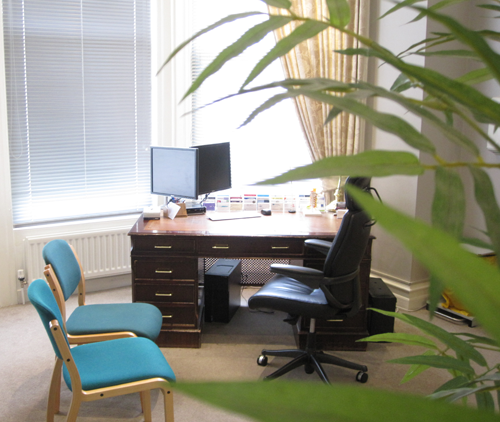


Schizophrenia and Psychosis
The word psychosis describes experiences such as hearing or seeing things or holding unusual beliefs, which other people don’t experience or share. For many people, these psychotic experiences can be highly distressing and disruptive, interfering with everyday life, conversations, relationships, and finding and keeping a job
Our treatment approach for Psychosis
Our approach to treating psychosis combines individualised treatment programmes with treatment based on current clinical evidence. There are two types of psychosis treatment available, talking therapies and antipsychotic medications. Talking therapies allows you to talk about your psychotic experiences and ways of coming to terms with them, Cognitive Behavioural Therapy (CBT) can put your experiences in context, help you to understand them and test your beliefs about them.
Antipsychotic medication can weaken delusions and hallucinations and also help you think more clearly. The aim should be to help reduce psychotic symptoms by using the lowest possible dose for the shortest possible time. Medication may not stop you experiencing the symptoms of psychosis, but I may make you feel calmer and less troubled by them.
If your psychosis is associated with severe depression, you are likely to be treated with antidepressants, and if your diagnoses are bipolar disorder you may be given a mood stabilising drug. Both of these types of medication may be combined with antipsychotic.
Treatment of psychosis can be as an outpatient or inpatient.
To make an appointment confidentially please ring Malone Medical Chambers, Belfast on phone number 028 90667676
